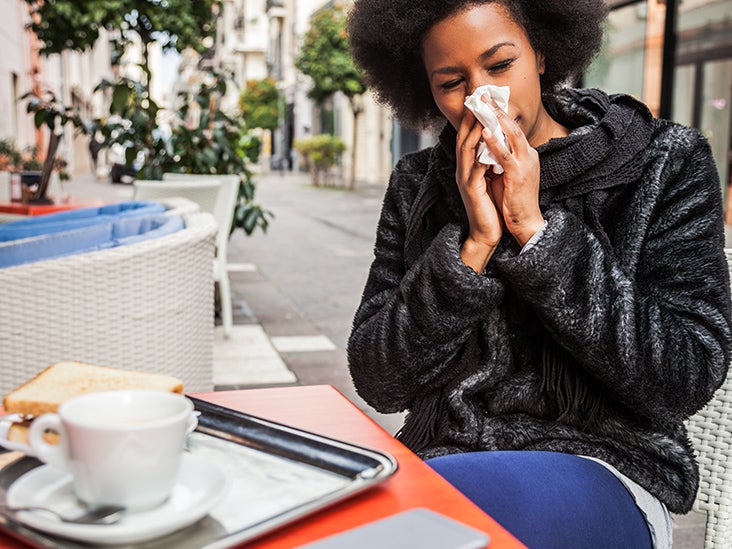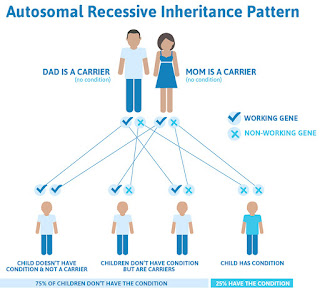7 Tips to Beat Hay Fever - Healthline

Hay fever is a common condition that affects close to 19 million American adults, according to the
Also known as allergic rhinitis or nasal allergies, hay fever can be seasonal, perennial (yearlong), or occupational. Rhinitis refers to irritation or inflammation of the nose.
Common symptoms include:
- runny nose
- nasal congestion
- sneezing
- watery, red, or itchy eyes
- coughing
Hay fever symptoms usually start right after you're exposed to the allergen. Allergens can be found both indoors or outdoors, and they can be seasonal or yearlong.
Other irritants include:
These allergens will trigger your immune system, which mistakenly identifies the substance as something harmful.
In response to this, your immune system produces antibodies to defend your body. When triggered, these antibodies signal your blood vessels to widen and your body to release inflammatory chemicals, like histamine.
It's this response that causes hay fever symptoms.
Luckily, hay fever isn't too tricky to manage. You may even be able to prevent symptoms from developing if you take antihistamines before the pollen is in the air.
However, if you're already experiencing the symptoms of hay fever, then you've most likely missed the prevention stage.
As we approach summer and a rising pollen count, here are our top tips to get on top of your hay fever. You can try:
Antihistamines
Many nondrowsy antihistamines are available over the counter. When you first experience symptoms, it's best to ask your pharmacist which kind will be most effective.
If your symptoms are severe, you can also contact your doctor. They can help you explore a number of prescription medications or other options, such as immunotherapy or seasonal allergy shots.
Essential oils
Planning a long, hot bath? There's plenty of anecdotal evidence that eucalyptus essential oil can help clear a blocked nose.
Plus, a
Alternatively, you can use a diffuser to disperse the oil.
While research suggests there are health benefits, the FDA doesn't monitor or regulate the purity or quality of essential oils. It's important to talk with your healthcare provider before you begin using essential oils and be sure to research the quality of a brand's products. Always do a patch test before trying a new essential oil.
Eye drops
Itchy, dry, and bloodshot eyes are one of the worst symptoms of hay fever. Investing in eye drops is the quickest way to combat it.
Antihistamines are one of the most effective ingredients in eye drops targeted at allergy relief. Alaway offers 12-hour protection and can easily be used to treat common allergic responses like hay fever.
Simply tip your head back and place one or two drops into eyes four times per day. Wearing contact lenses? You can still use these eye drops (follow the directions on the packaging).
Air Purifier
Air purifiers essentially work by sanitizing the air, which can include pollutants, allergens, and toxins. And
Multiple air purifiers are available on Amazon and other vendors. Consider a few options to get started on your search:
You can also look for air purifiers and filters that are certified asthma and allergy-friendly devices by the Asthma and Allergy Foundation of America. An allergist may also have specific recommendations tailored to your needs and lifestyle.
Cold compress
Dry, itchy eyes usually respond well to a cold compress. And if you're pressed for time, it's a quick and easy solution.
To make a cold compress, submerge a clean washcloth into a bowl of ice and water. Then, lay it on your closed eyes for 5 to 10 minutes.
You can also use a bag of frozen peas.
Saline nasal rinses
Stuffy nose? A saline nasal rinse might help. A saline rinse works by restoring moisture to the nasal passages and easing inflammation of the mucous membranes, which can offer instant relief from hay fever symptoms.
Simply pour a saline solution into one nostril. As it flows through your nasal cavity, it washes out mucus and allergens.
You can do this with a bulb syringe or neti pot, both of which you can pick up at your local drugstore.
Wearing a mask
For some, wearing a mask is now mandatory in certain places — good news for those who experience hay fever. Wearing a mask can reduce the amount of pollen and other allergens that you're exposed to, potentially reducing your symptoms.
Simply wear your mask properly when outdoors.

Comments
Post a Comment